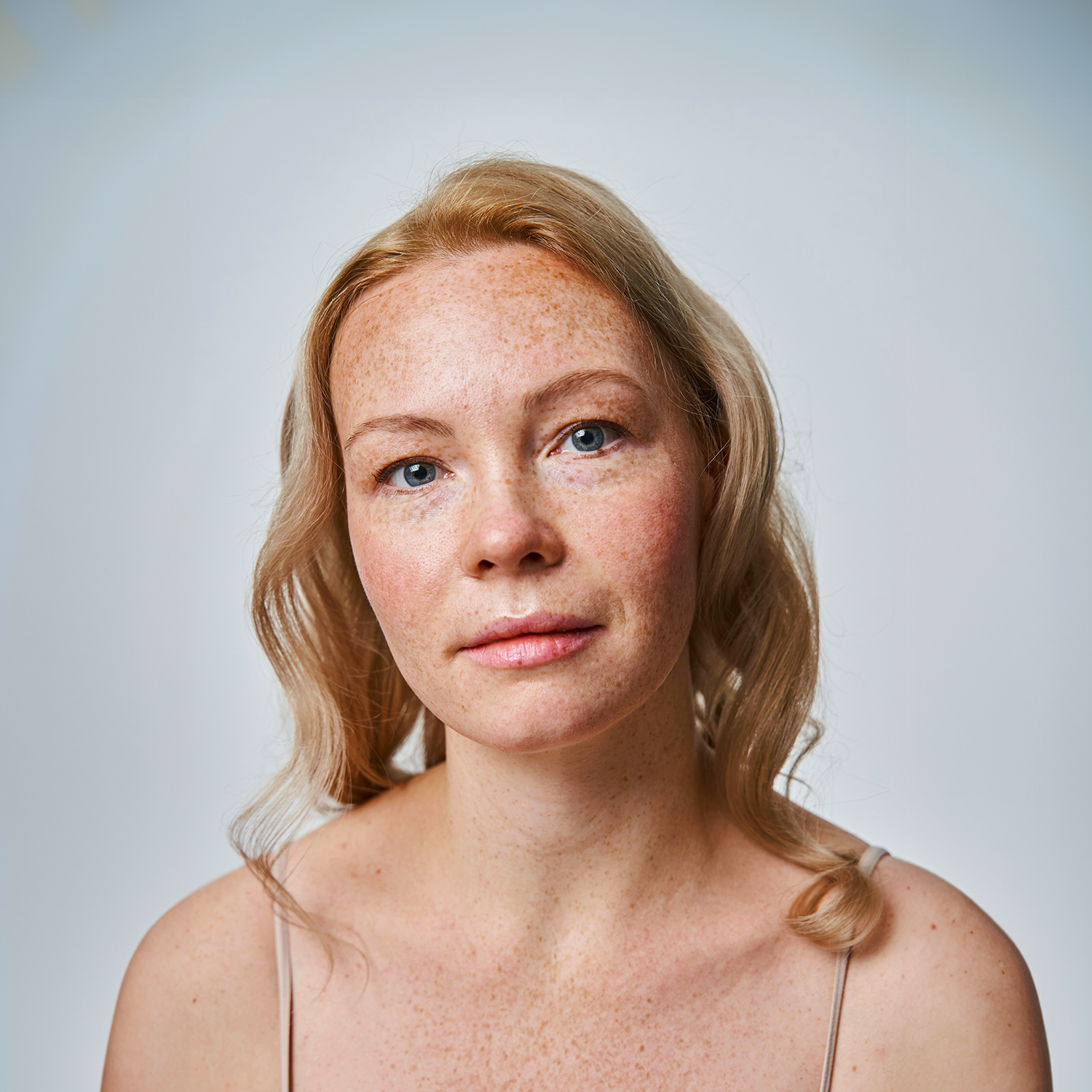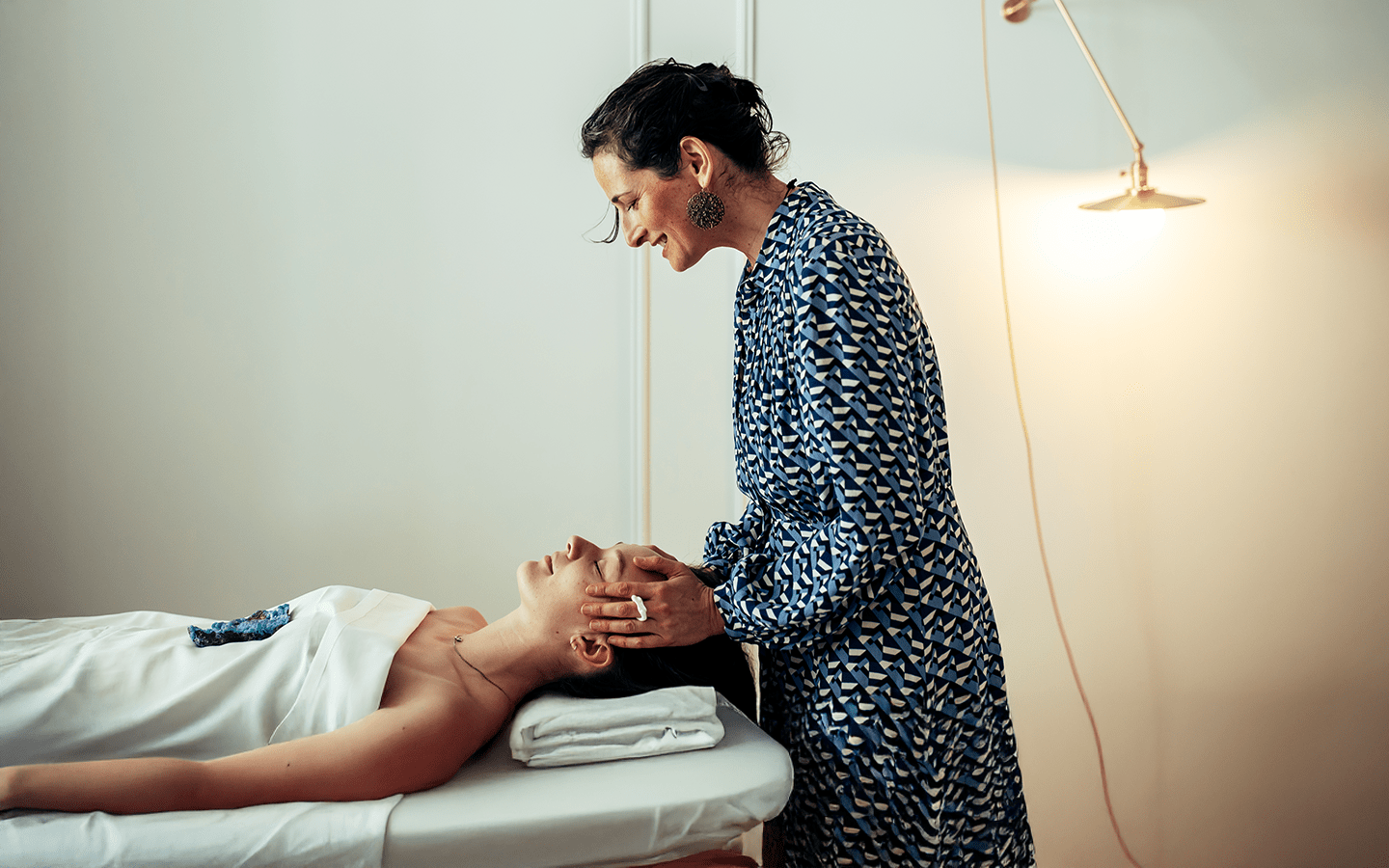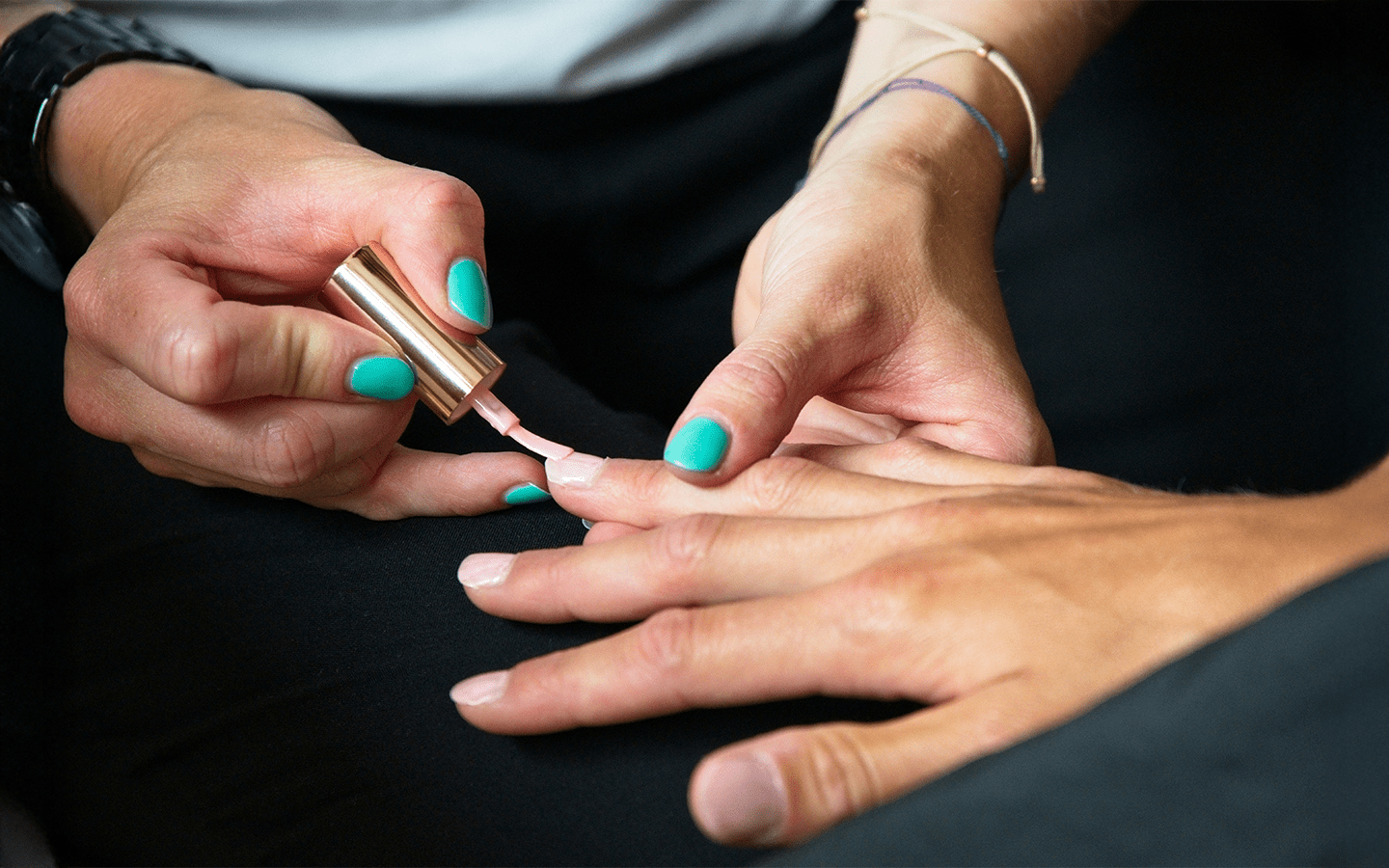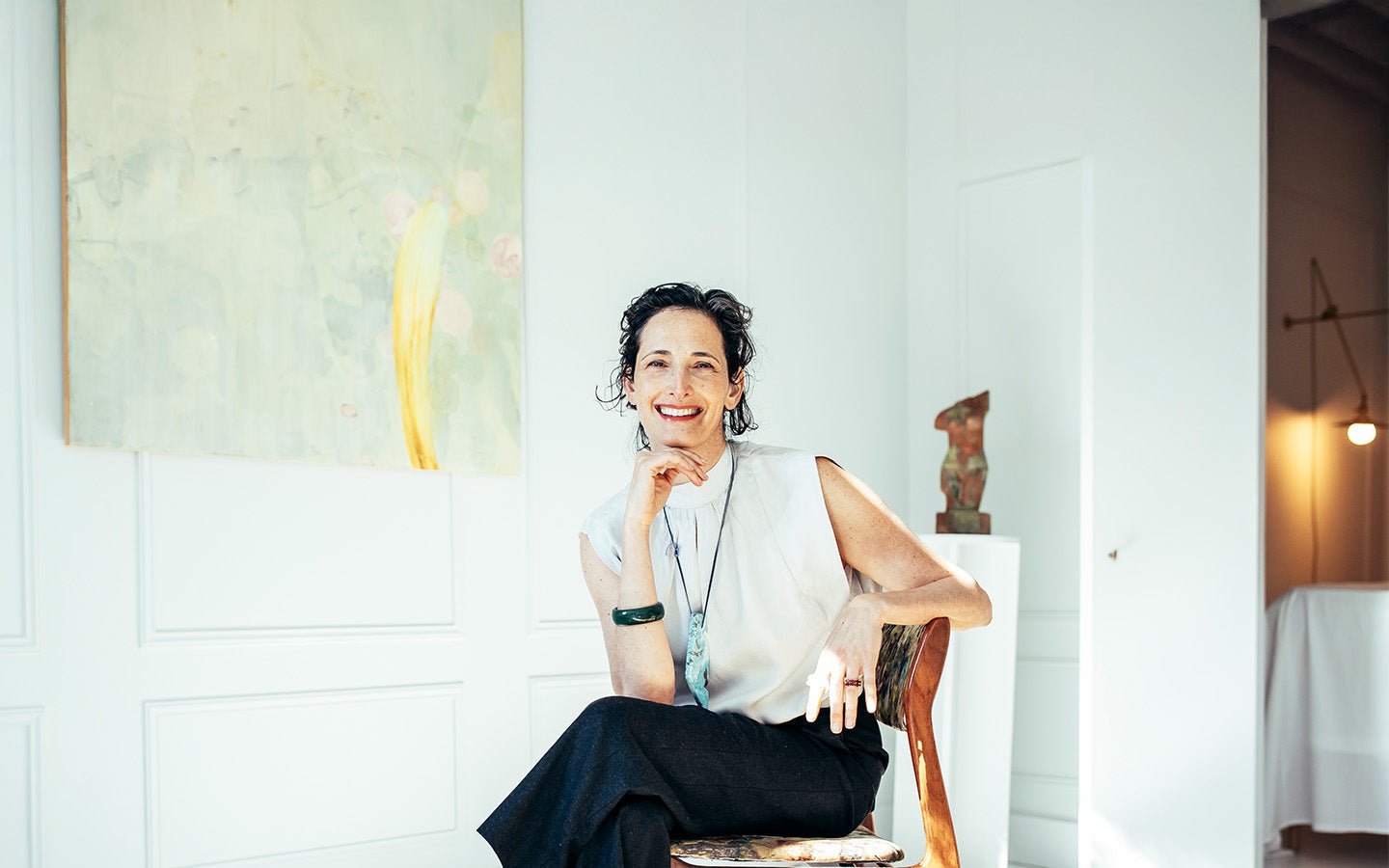
Medical Gaslighting vs Chatbots: Why You Deserve Better
Let's be real—when it comes to getting answers about your health, the system often feels like it's stacked against you.
You wait weeks (sometimes months) to see a doctor. You finally show up with a list of symptoms you've been tracking for months—only to be told it's probably stress. Or aging. Or "just hormones." You walk out with a printout, a prescription, or worse, a pat on the head. No eye contact. No curiosity. No validation.
It's no wonder that so many women are turning to AI platforms like ChatGPT for help. ChatGPT doesn't interrupt you. It doesn't roll its eyes. It doesn't dismiss your pain—or refer you to a specialist who's booked until Christmas.
But here's the paradox: even though AI feels like a breath of fresh air compared to being gaslit by a human professional… it still isn't the answer. Not fully. Not if what you want is real, nuanced, trustworthy care.
So let's unpack this together—with empathy for the pain that brought you here, and a vision for what better could actually look like.
The Gaslighting Is Real—And It Hurts
If you've ever felt dismissed, ignored, or belittled by a medical professional, I want you to know: I believe you and have been there.
As a practitioner, I've heard countless women share stories of being told "your labs are normal," even when they could barely get out of bed. Or that "it's just menopause," as if that explains everything and requires nothing. Or my personal favorite: "It's probably anxiety."
These aren't rare cases. A 2022 study published in Health Affairs found that women are more likely to be misdiagnosed, have their symptoms minimized, and receive inadequate pain management across a range of conditions—from heart attacks to autoimmune disease.
And here's the worst part: most of the doctors who gaslight don't even know they're doing it. They're exhausted, under-trained in mid-life hormonal changes, and working in a broken system that rewards speed over insight.
Why AI Feels Like a Solution (But Isn't)
Now enter ChatGPT. It's always available. It responds instantly. It doesn't judge. It even sounds compassionate if you word your prompt just right.
And for surface-level education, it can be incredibly helpful. Want to know what the vagus nerve does? Curious about adaptogens or the difference between estradiol and progesterone? Ask away.
But—and this is a very big but—ChatGPT does not know you.
It doesn't know your medical history, your trauma, your cycles, your diet, your stress levels, your family history, or how your body responds to change. It doesn't know how your fatigue started after your divorce, or that your bloating gets worse the week before your period, or that your mom had early-onset menopause.
It's not that ChatGPT is bad—it's that it's limited. It's a language model, not a diagnostic tool. It predicts plausible answers based on patterns in text. That means it can sound incredibly wise while being dangerously wrong—or at best, incomplete.
The Real Problem: Our Healthcare System Is Not Designed to Serve Women
Here's the truth no one wants to say out loud: even the best, most compassionate doctors are not set up for success in our current system with the exception of concierge medicine which is not feasible for most people.
They're under pressure to see more patients in less time. Insurance reimbursement dictates how long they can spend with you—and what treatments they can offer. Preventive, holistic care? Often not covered. A deep dive into your hormones, your gut, your sleep, your stress? Good luck fitting that into 12 minutes.
This is not about blaming individual doctors. Many of them entered medicine with open hearts and brilliant minds. But when you're drowning in paperwork, lawsuits, and insurance battles, it's hard to practice the kind of medicine that truly heals.
So when we say "You deserve better," we're not just talking about better doctors—we're talking about an entirely better model of care.
What You Actually Deserve
You deserve…
- A practitioner who listens to the whole story.
- Time to ask questions without being rushed.
- Guidance that blends science with intuition.
- Respect for your lived experience—even when it doesn't fit a textbook.
- Personalized care that honors your uniqueness, not just your symptoms.
- Answers that leave room for complexity.
You deserve a guide—not an algorithm.
So, Where Do We Go From Here?
You can absolutely use ChatGPT as a tool. In fact, I encourage it—as long as it's just that: a tool, not a source of diagnosis or treatment planning.
Here's how to use it wisely:
- Ask it to define terms or explain complex ideas simply.
- Use it to generate questions to bring to your acupuncture practitioner.
- Treat it as a co-pilot, not the captain of your care.
- Be skeptical of any "one-size-fits-all" answers, especially for complex symptoms.
And then? Find a real person—a trained, curious, compassionate practitioner—who can meet you in the messy, miraculous reality of your body.
You Are Not a Search Query
You are not too complicated. You are not "just hormonal." You are not imagining things.
You're a wise, evolving woman navigating one of the most important transitions of your life. You deserve more than being gaslit. And you deserve more than being fed tidy AI responses.
What you deserve is real care. Thoughtful care. Care that treats you not just as a set of symptoms, but as a whole, radiant, powerful human being.
Ready for That Kind of Care?
My clinic in Newport is a space where women are listened to, taken seriously, and cared for with respect, skill, and heart. If you're looking for a fresh perspective and a personalized path to feeling better, I'm here.
👉 Book a free consult Or join my newsletter for empowering tools, thoughtful insights, and gentle rebellion against the status quo: 👉 Join here
Because thriving in midlife? It's not only possible—it's your birthright.













